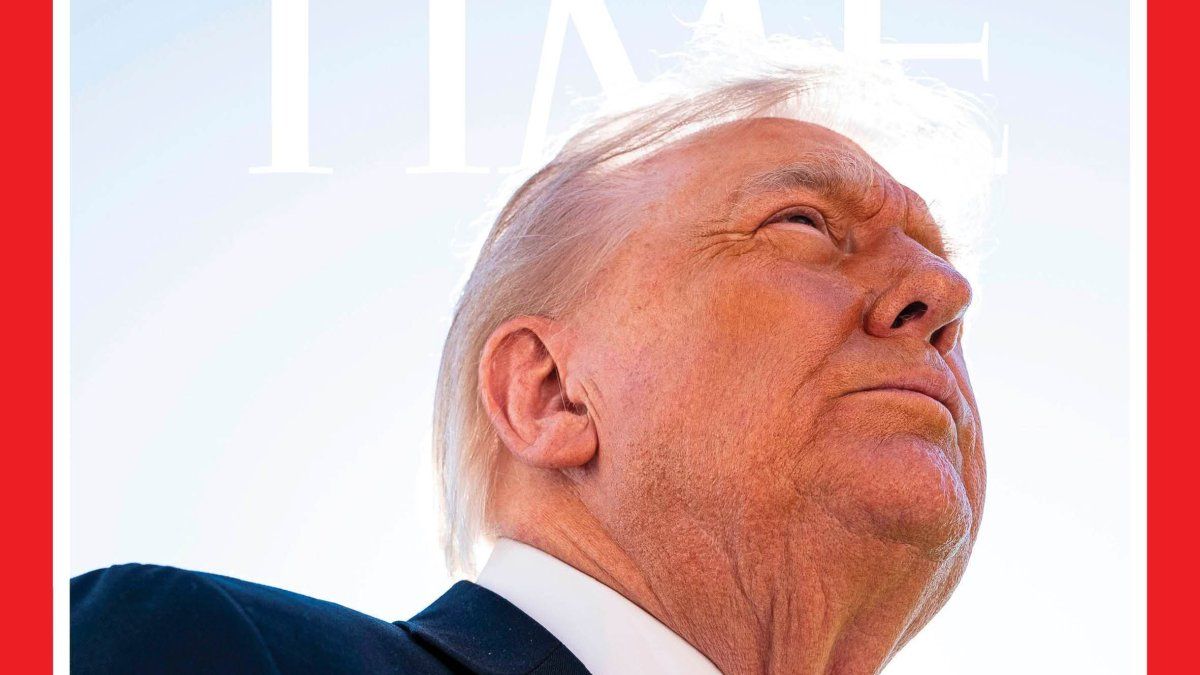The EU wants to take a closer look at subsidies for Chinese electric cars. Brussels accuses the People’s Republic of market distortion. Beijing is not happy and suspects another reason.
Beijing has reacted with dismay to the EU’s announced investigation into subsidized electric cars. China is concerned and dissatisfied with this matter, said a spokesman for the Ministry of Commerce in Beijing.
China assumes that the investigation measures serve to protect European industry. This represents “blatant protectionist behavior” that will seriously disrupt and distort the global auto industry’s supply chains and negatively impact China-Europe economic and trade relations.
EU Commission chief Ursula von der Leyen announced on Wednesday that the EU would open an investigation into state support for electric cars from China. “The price of these cars is artificially depressed by huge government subsidies – this distorts our market,” she said in the European Parliament in Strasbourg. That is not acceptable. World markets would be flooded with cheaper Chinese electric cars.
The European Chamber of Commerce in China, however, spoke out in favor of fair competition. Free and open markets depend on rules-based trading practices, the Chamber of Commerce said. “The European Chamber expects a fact-based investigation with a view to ensuring such principles for all market participants,” said Chamber President Jens Eskelund.
DIHK: “Chinese distortions of competition”
The German Chamber of Commerce and Industry (DIHK) also emphasized the importance of fair conditions on the markets. “Chinese distortions of competition are a particular problem that Europe should tackle decisively, but if possible not through its own excessive subsidies or new punitive tariffs as a result of lengthy anti-dumping proceedings,” said DIHK foreign trade chief Volker Treier on Thursday. Global subsidy races are increasingly placing more strain on free competition, to the detriment of German companies.
An anti-subsidy investigation can lead to, for example, punitive tariffs being levied. Measures are currently underway in several economic sectors to reduce the EU’s dependence on countries such as China and to protect domestic companies. In March, the EU Commission presented a proposal for a law on the supply of raw materials. This is intended to ensure that the EU does not remain dependent on imports from individual countries such as China for important raw materials.
Meanwhile, the Ministry of Commerce in Beijing emphasized the long-standing relations between Europe and China in the automotive sector. China’s auto industry has developed rapidly and become more competitive, it said. This is the result of constant technological innovation and the establishment of a complete industrial supply chain.
Car companies from the EU area have been investing in China for many years and the Chinese market has become the largest market for these companies. China always maintains an open and cooperative attitude and welcomes EU automotive companies to further invest and expand in China. This also applies to electric cars.
Source: Stern




